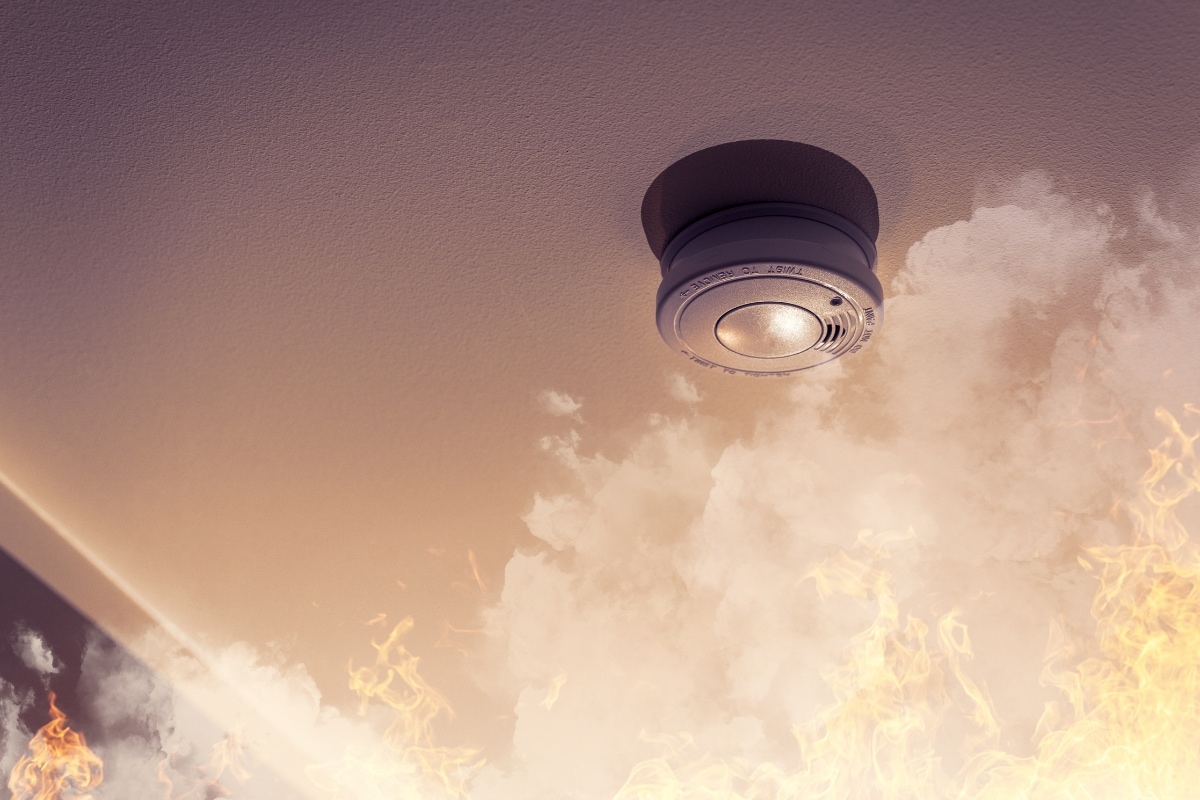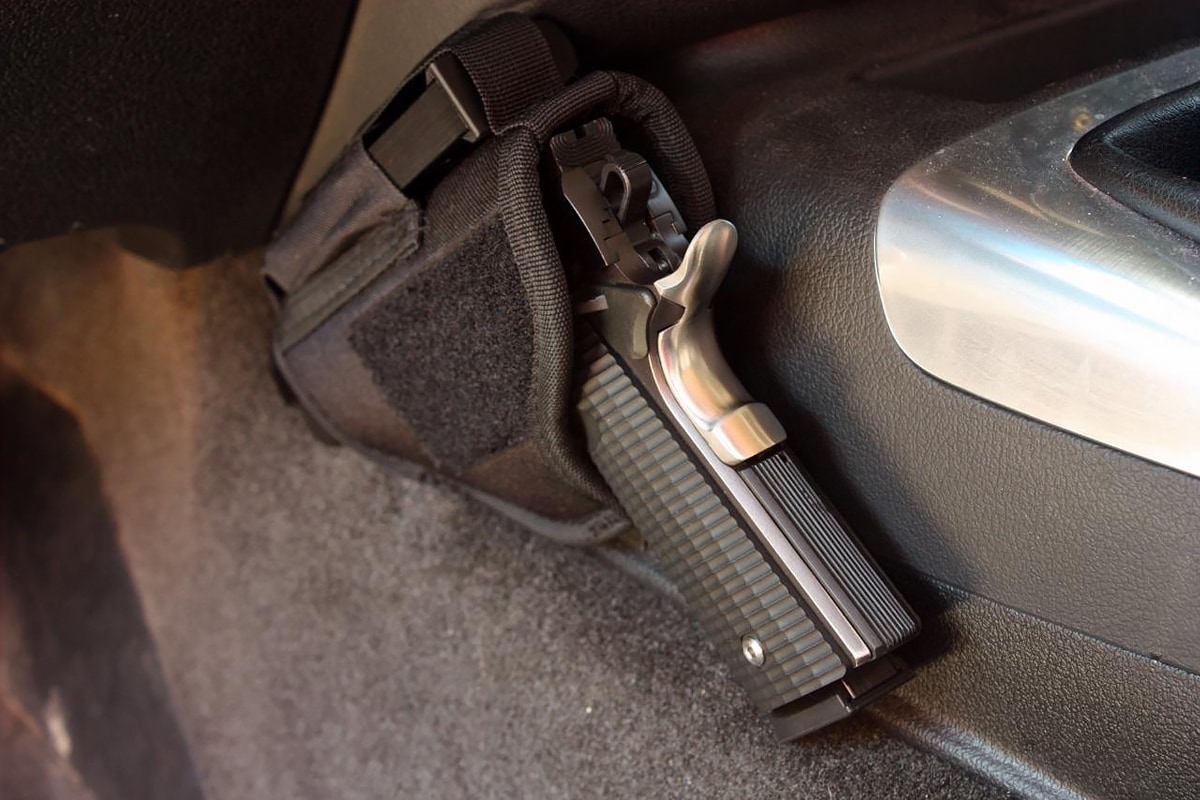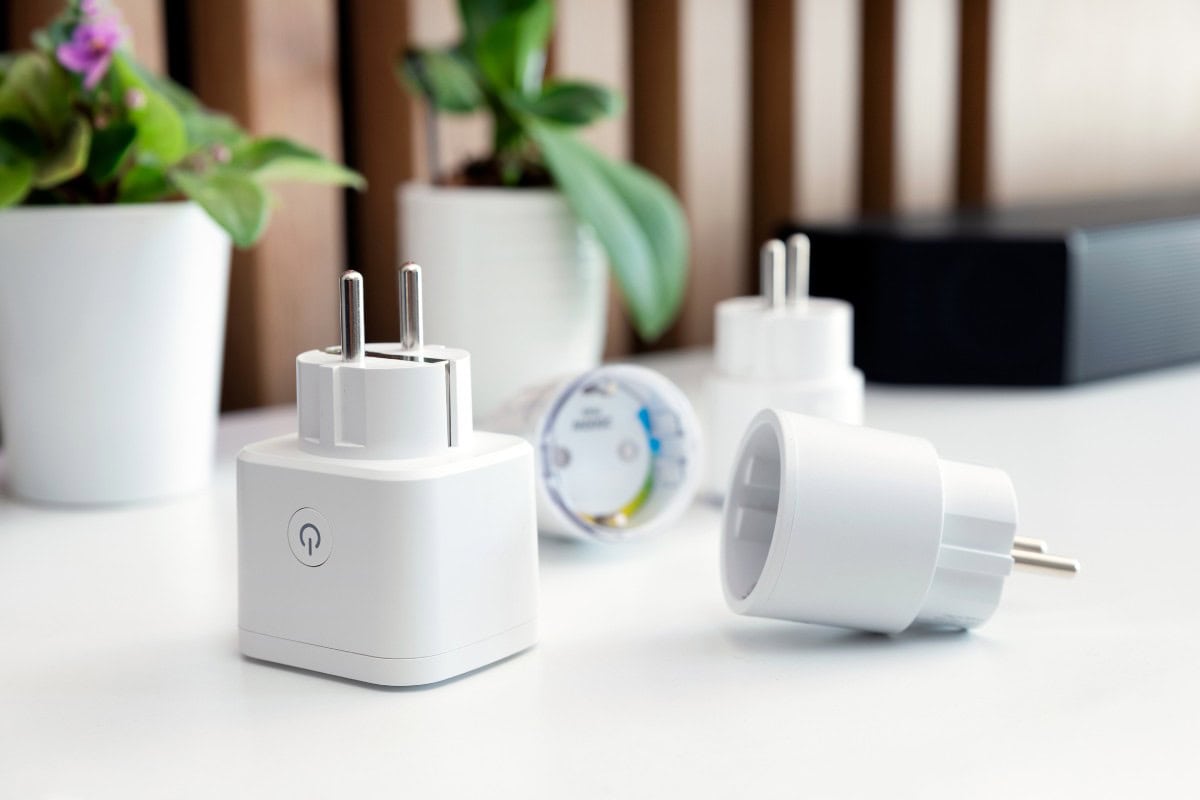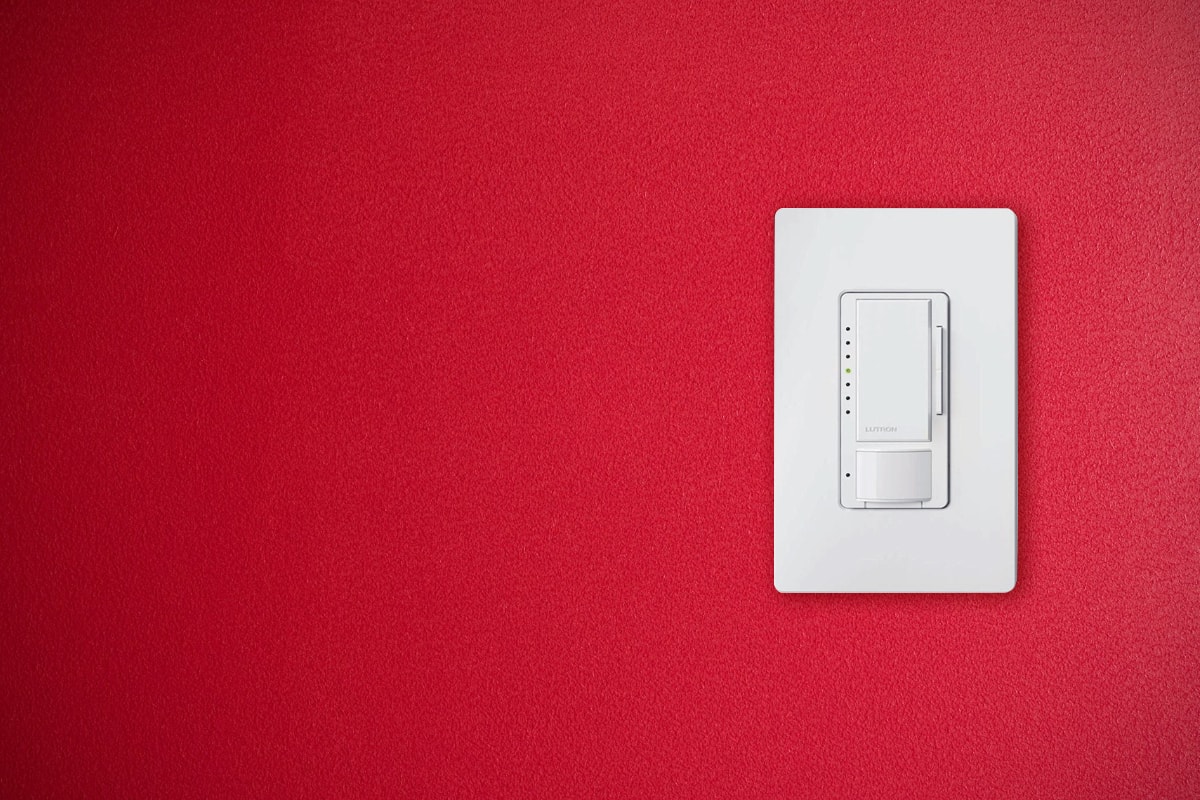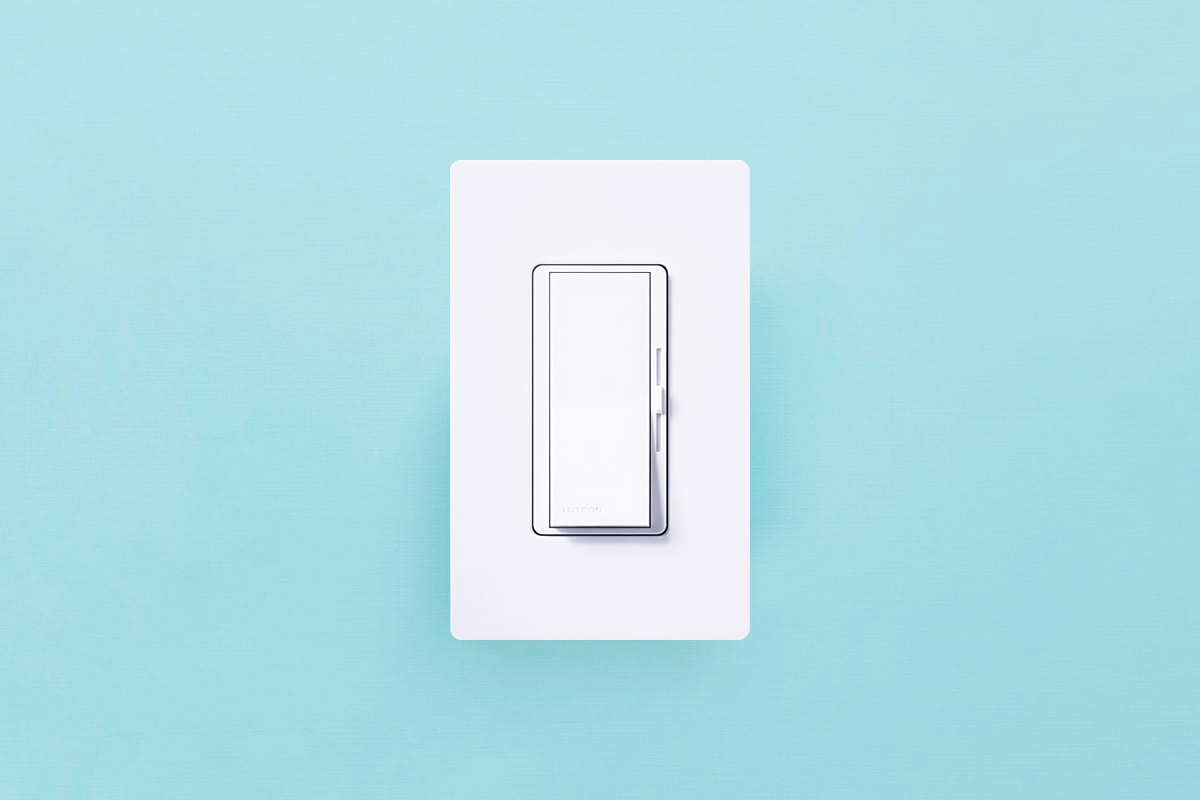Home fire safety is an essential part of ensuring the well-being of your family as well as your residence. By having information about home sprinklers, escape planning, smoke alarms, and home fire prevention tips, you may be able to prevent a real tragedy from happening.
Smoke Detector
One of the basics of home fire safety is the installation of smoke detectors. Due to a number of fire safety laws, your home may very well have smoke alarms already, but it is up to you to make sure they are well-placed and in working condition. There should be smoke alarms on every level of your home, including your basement, even if you have an unfinished basement.
They should be placed in all sleeping areas, both inside and outside the door on the ceiling of your home or within six inches of the ceiling. In addition to having them properly placed, you should test them at least twice per year. One recommendation is to test your smoke alarms when you change your clocks for daylight savings time.
Sprinkler System
An additional measure of fire safety in the home is a residential sprinkler system. You need something that is going to do more than just alert you. A sprinkler system actually aids in stopping or minimizing the fire. According to the Federal Emergency Management Agency, the presence of sprinkler systems could have cut the death and injury numbers by thousands.
Escape Plan
Home fire safety does not end with sprinklers and smoke detectors. You also need to be aware of how to get out of a home that is on fire. Consider this: it takes less than 30 seconds for a single flame to become a major home fire. From there, it takes just a few minutes for a home to become completely filled with smoke. You need to have a plan that will get you out of the home and to safety as efficiently as possible. A good escape plan should include escape practice from every room and a meeting place outside. In addition, you and your family should practice crawling low to avoid the deadly smoke. Remember to practice your family fire drills regularly and go over your escape plan at least twice a year.
A Few More Tips
Even if you have the best smoke alarms, state-of-the-art sprinklers, and a fantastic escape plan, the best fire safety house practice is to do everything you can to prevent a fire. There are a few tips that can really keep your home fire-free.
- First of all, prevent electrical fires by avoiding the overload of outlets.
- Secondly, be aware of all manufacturer safety precautions when using any electrical home appliance, and make sure you always unplug them when not in use. Keep fires in the fireplace, space heaters away from anything combustible, and kerosene heaters only where they are approved for use.
- Lastly, educate your children about fire so that they understand that it is a tool and by no means a toy.
Fire safety in the home can be crucial to protecting your family, your property, and yourself. Keep in mind that time will quickly become your enemy in the event of a home fire and that a good plan might be the difference between life and death.

